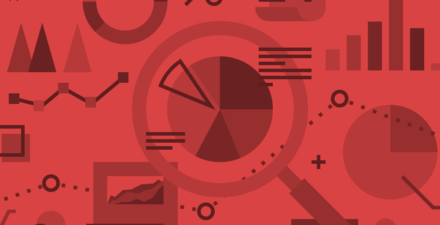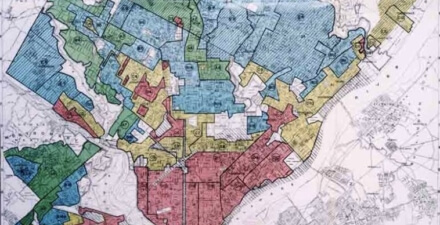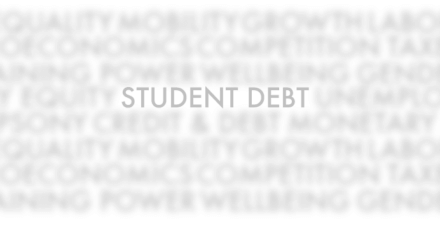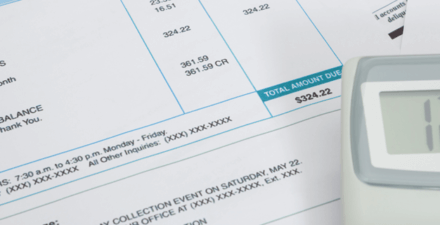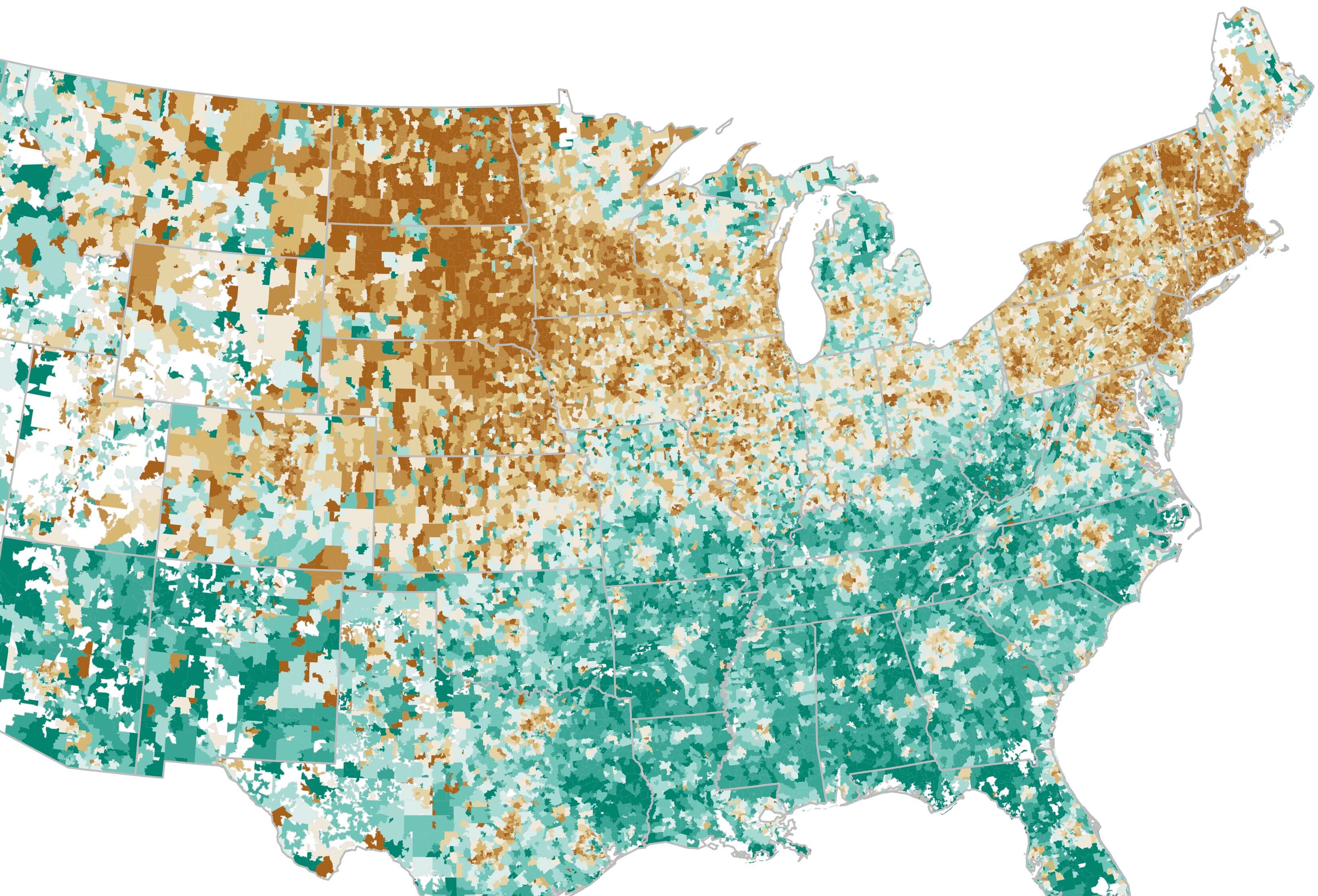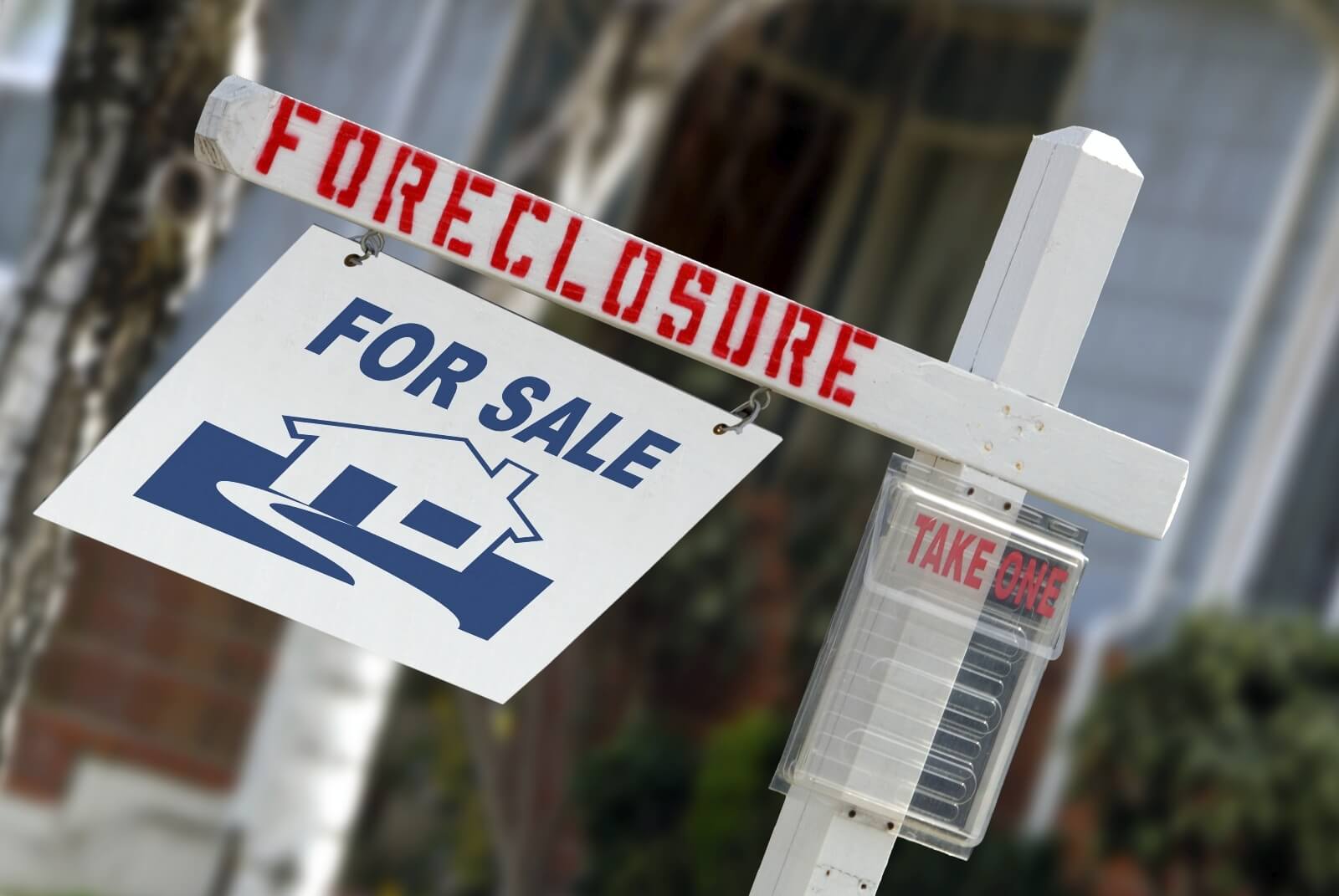Credit and debt play a critical role in U.S. economic fluctuations, and changes in inequality drive changes in both the demand and supply of credit in the economy. Equitable Growth examines the role of credit and debt in the economy and seeks to understand these intersections and understand how best to ensure that the financial sector serves the public interest.
Featured work
A Goldilocks Theory of Fiscal Deficits
June 30, 2022
June 30, 2022
Uncertainty about the size of annual tax refunds hinders the effectiveness of tax-based U.S. redistribution
April 8, 2021
April 8, 2021
The logistics of a reparations program in the United States
February 18, 2020
February 18, 2020
Encouraging banks to serve the credit needs of everyone
February 3, 2020
February 3, 2020
Promote economic and racial justice: Eliminate student loan debt and establish a right to higher education across the United States
February 18, 2020
February 18, 2020
Issue Brief: Household insecurity matters for U.S. macroeconomic stability
May 16, 2018
May 16, 2018
Explore Content in Credit & Debt162
What the Fed’s method of raising interest rates reveals about the state of the global economy
December 17, 2015
December 17, 2015
Corporate surpluses, savings, and economic growth
November 19, 2015
November 19, 2015
What problem does crowdfunding venture capital solve?
November 10, 2015
November 10, 2015
How delayed foreclosures can actually lead to higher wages
October 8, 2015
October 8, 2015
Here’s how high levels of household debt affect economic growth
September 29, 2015
September 29, 2015
Why just expanding credit might not be enough for U.S. monetary policy
September 23, 2015
September 23, 2015
The pernicious effects of growing student debt on the economic security of young workers
September 17, 2015
September 17, 2015
Explore the Equitable Growth network of experts around the country and get answers to today's most pressing questions!

